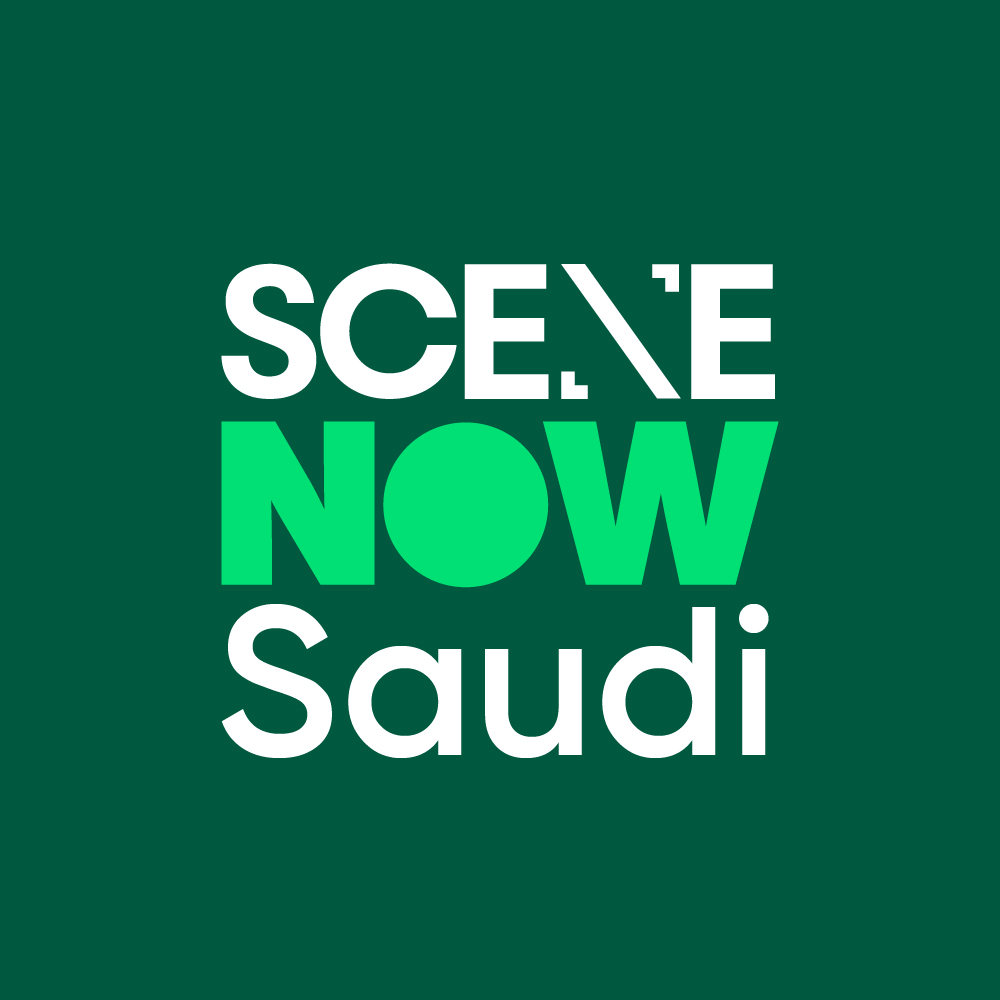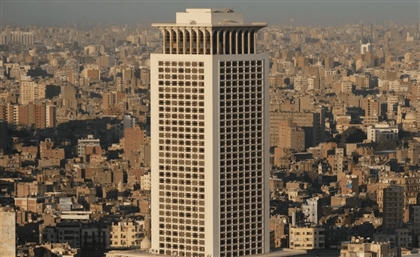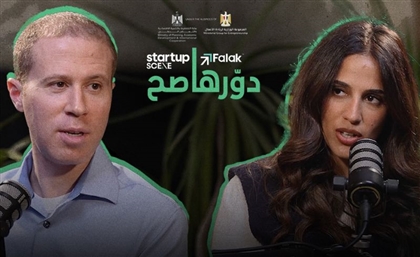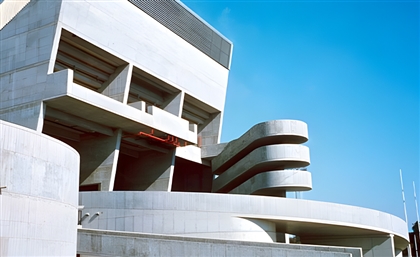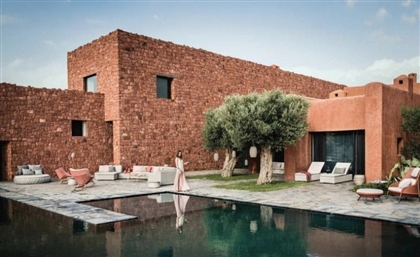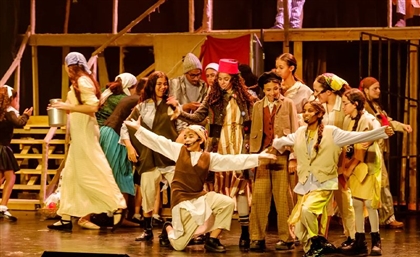Meet Mo Islam: The Podcaster Helping Rewrite Saudi's Story
From royalty to global icons, The Mo Show has become one of Saudi’s most influential podcasts. Meet Mo Islam - the man behind the mic.
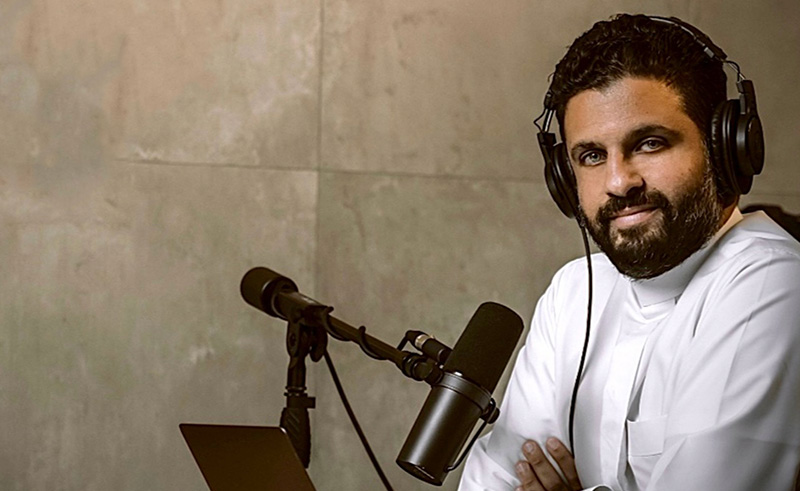
Somewhere between the quiet hum of production gear and the clink of ceramic coffee cups, Mo Islam leans back in his chair, eyes focused but posture relaxed—the kind of composure you only earn after 160 episodes, a thousand follow-ups, and five years of never missing a beat.
We’re in the softly lit studio of The Mo Show. Nestled in the heart of Riyadh’s evolving media district, it’s one of the most distinctive podcasts to emerge from the region—not just in sound, but in purpose.
Mo has hosted Rio Ferdinand, Gary Vaynerchuk, Princess Reema bint Bandar, and the CEO of IWC. He’s moderated Boris Johnson. He’s sat across from astronauts, Saudi sports champions, Formula E founders, fintech pioneers, and the quiet architects of cultural change. His guests are not chosen for virality but for credibility, conviction, and the ability to mark a moment.
Which makes it all the more striking that this entire platform was built by someone with no formal background in media. He’d spent over a decade in oil and gas—nowhere near a studio, a script, or a strategy deck. “I had absolutely no connection to the media industry,” he tells me. “I mean, maybe a little bit of interest when I was in school in England and there was some radio...”
The real shift happened during COVID lockdown. Six to eight weeks at home gave him space to reflect—and time to binge-watch podcasts. One episode in particular, featuring tech thinker Naval Ravikant on The Joe Rogan Experience, cracked something open. “That episode spoke to me,” he says. “I saw the industry right before my eyes. I acknowledged we don’t have anything like that on a local level in Saudi.”
It wasn’t just the content. It was the format—long-form, unscripted, independent. No networks. No protocol. Just people talking. And in Mo’s case, a glaring gap: there was no one doing that kind of deep, unfiltered conversation out of Saudi. Especially not in English.
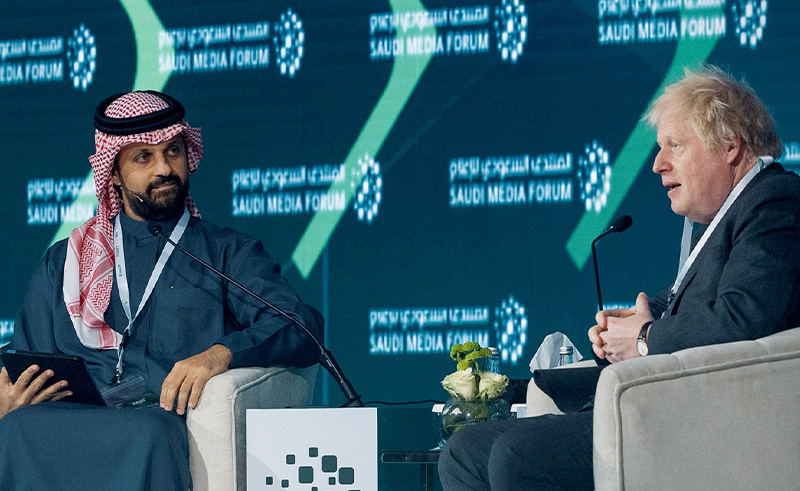
“I didn’t want to spend another day building someone else’s dream,” he says. “The information revolution is among us. So I went from oil and gas, which was industrial revolution, to the media space, which is the information revolution.” He signed up for a podcasting masterclass. Bought the gear. Started learning. For the next three years, he juggled it all—his job, his family, and the slow, steady building of The Mo Show.
Mo grew up in Jeddah, the eighth of eleven siblings, before being sent to prep school in Berkshire and later university in Boston. That back-and-forth shaped him: Saudi by origin, but fluent in the grammar of Western discourse. “I think in English,” he says—and that clarity of language would become his clearest tool.
If there’s a single thread that runs through every episode—beyond the polished cadence of his voice or the off-guard honesty he draws from his guests—it’s this: a desire to correct the record with precision, persistence, and, crucially, in English.
“In the early days I was asked a lot about why am I doing it in English by my fellow citizens,” he recalls. “That’s when I knew that okay, clearly my content isn’t for them... Let me double down on my strengths as opposed to working on my weaknesses and put something out there fully in English to hopefully one day with consistency be a source of soft power for the kingdom. I think we achieved that today.”
And he has. Consistency, more than anything else, is his secret weapon. “In the last five years, we have put out about an episode every 11 days,” he says. “The consistency element really is the only thing that eventually works in your favor, like the seventh wonder of the world.”
Princess Reema’s appearance—arguably the show’s flagship episode—was a moment of quiet validation. “She is someone who can go on any interview show she chooses, yet she came on my show and helped empower me. That really showed me that I’m on the right track.”
Increasingly, Mo Islam is not just hosting—but moderating on global stages. From Boris Johnson and Karim Benzema to astronauts, finance chiefs, women’s football leaders and Formula E founders, Mo has become the go-to English-speaking Saudi voice for public discourse.
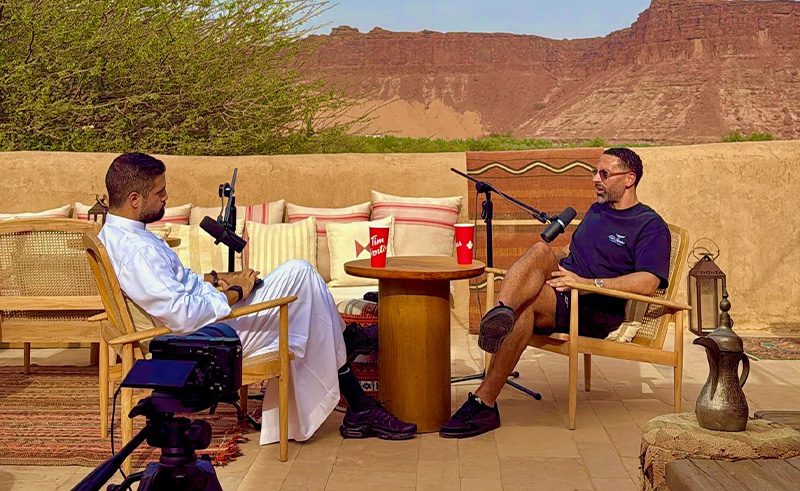
Today, The Mo Show has sponsors like Tim Hortons, IWC, Noon, and Saudi Airlines. It’s backed by KAFD, Riyadh’s futuristic business district. International guests reach out directly. Whoop, the American performance wearable company, didn’t just sponsor the show—they sent their CEO on as a guest. He’s even shared a short exchange with Will Smith and Martin Lawrence.
And yet, ask Mo what drives him, and he doesn’t mention numbers or monetization. “I love the craft,” he says simply. “I used to love updating the website as much as, you know, 1, 2, 3, we’re rolling... It never really felt like work. It’s like a dream job for me.”
Even now, when his strategy head Greg begs him to delegate, he stays deeply involved. “He understands that I’m very much involved because I love the craft,” Mo explains. “And I guess that’s maybe why I’ve been doing it now consistently for five years... because it never really felt like work.”
There’s an unmistakable clarity to the way he speaks about purpose, and it cuts through even when the conversation turns light. A trip to Cirencester this summer with his wife and kids. The memory of updating the studio website himself. The fact that some of his family “were a bit worried” during the early episodes. “Historically, Saudi freedom of speech, you know, choosing to put yourself out there was very much not the norm,” he admits. “But I knew that through my message and my intent and my patriotism… I’ll always be the first line of defense for Saudi.”
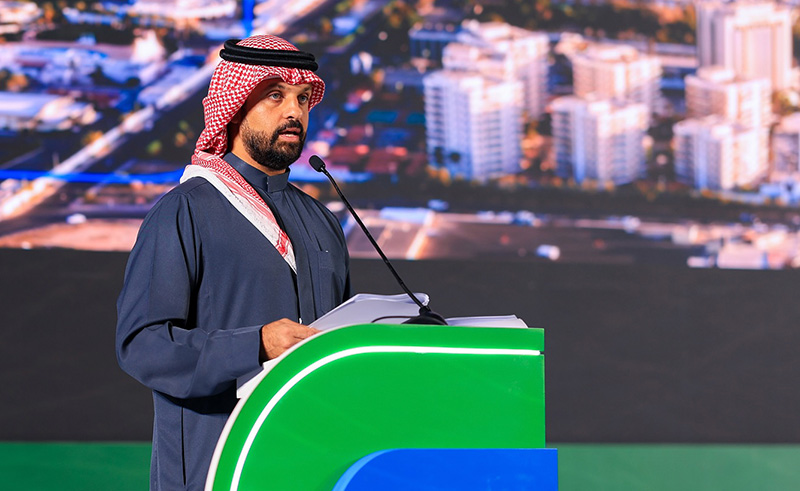
The Mo Show is ultimately a calibrated response to years of narrative absence. “I honestly felt that the Wester Press was intentionally ignoring the positivity that exists on the ground here by way of achievements or projects.” he tells me. “Yet a rising tide lifts all boats... Just because one region or country is on the up, it doesn’t mean that it should come at the cost of a country going down.”
He speaks from experience. His cousin, a former rower at Cambridge, went on to compete for Saudi at the Tokyo Olympics after being supported by the Ministry of Sports. “Actors, musicians, if you are talented and you are fit for representation, you will be empowered by the top,” he says. “That’s what I’ve noticed in the last couple of years as I’ve peeked behind the curtain... and knocked on the door of excellence.”
That clarity—paired with consistency—is what has made The Mo Show not just successful, but sustainable. Now, Mo is thinking about expansion. “We are working on the show spinning off into a new touchpoint,” he hints. “A medium that will coexist with the show as we know it.” He won’t say more than that, not yet. But it’s clear whatever comes next will carry the same DNA: self-funded, self-built, self-aware. An English-speaking Saudi voice that doesn’t speak on behalf of anyone, but speaks with clarity, conviction, and a command of both form and content.
“We need this first line of defense in English,” he tells me again, near the end of our conversation. “The people at the top... they can’t break protocol when they speak. I can.”
And he has. Quietly, consistently, and without compromise.
- Previous Article This Agency is Turning Prom Nights Into Full-Scale Productions
- Next Article Dunkin’s Mini Monsters Might Be Labubu’s Emirati Cousins







